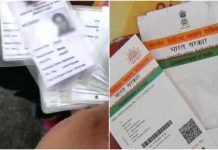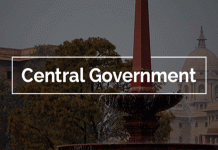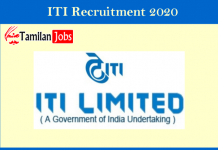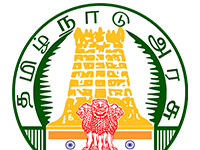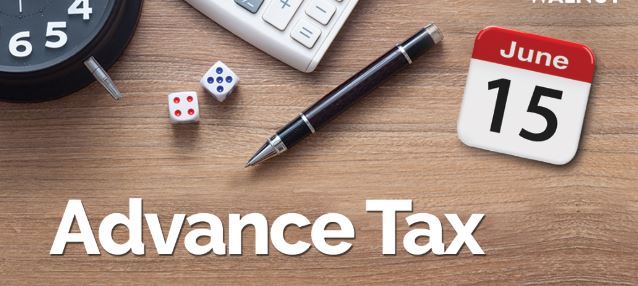 If you haven’t paid the first instalment of your advance tax yet, you better hurry now because the deadline is just about a week away. You need to pay the first instalment of advance tax by 15 June.
If you haven’t paid the first instalment of your advance tax yet, you better hurry now because the deadline is just about a week away. You need to pay the first instalment of advance tax by 15 June.
Paying advance tax helps you divide your tax liability over the year rather than paying at one go at the end of the financial year. Remember that not paying advance tax can attract a penalty.
Read on to know who is supposed to pay advance tax and how much.
Who needs to pay
At the beginning of the year, you should ideally estimate your total income for the year, especially if you are a businessman or professional. If the expected tax liability on the estimated annual income is more than Rs10,000, you have to pay advance tax.
“For individuals with salary as the sole income, advance tax is taken care of by the employer who deducts tax at source at the time of crediting salary,” said Suraj Nangia, partner, Nangia Advisors LLP.
But even if your primary source of income is salary but you have other income which is not declared, you may have to adhere to “advance tax” rules and pay it as stipulated in the Income tax Act, 1961. Other income like rental income or interest from bank deposits or capital gains from an investment and so on will fall in the ambit of advance tax, provided the total tax liability on these exceeds Rs10,000 a year.
However, a resident senior citizen (an individual who is 60 years or above), not having income from business or profession, is exempted from paying advance tax.
When is it paid
Advance tax has to be paid in four instalments. The first is due on 15 June each year, by when the assessee has to deposit 15% of her tax liability. By 15 September, she should have paid 45%, by 15 December 75% of the income tax due for the financial year and by 15 March, 100% of it.
“Assessees who have opted for presumptive taxation, the entire advance tax is payable on or before 15 March,” said Nangia.
While paying advance tax, “the assessee is not required to submit any estimate or statement of income to tax authorities,” said Nangia.
After making payment of any of the instalments of advance tax, if there is a change in the tax liability, then the taxpayer can revise the amount of advance tax in the remaining instalment(s) and pay tax as per revised estimates, added Nangia.
If you don’t pay
If you fail to pay the advance tax as stipulated, the due taxes attract interest.
“If advance tax paid is less than 90% of the assessed tax, then she shall be liable to pay interest under section 234B at the rate of 1% per month from the beginning of the assessment year till the payment thereof,” said Nangia.
How do you pay
You can pay advance tax online as well as offline.
Online payment: To pay it online, you can login to the income tax website and click on the “e-Payment of Taxes” tab, which will direct you to the payment website. You can also get to the tax payment website directly at tin-nsdl.com. Here, under the “Services” tab, you will find the “e-payment” option where you can pay your tax. To pay advance tax, select Challan 280. Once you put in the required details, you can choose the netbanking option to make the payment online.
On successful payment, a challan counterfoil will be displayed containing the challan information number, payment details and bank name through which e-payment was made.
Offline payment: To pay offline, you need to go to the designated bank branch and fill the challan form and pay the taxes.





